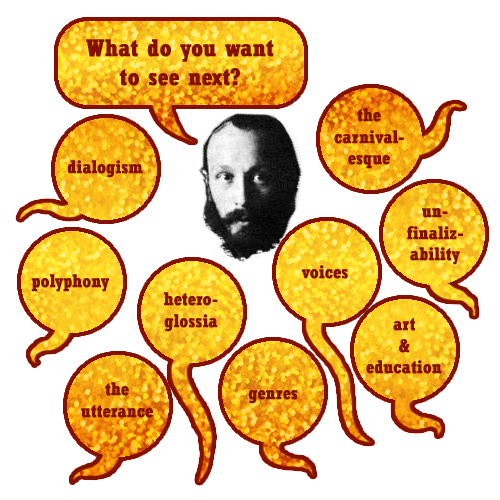

Though Portrait is sometimes funny and often ironic, it always questions the discourse that surrounds it Bakhtin stresses the fundamental correspondence between the comic and the questions it engages, and this correspondence in Portrait is traced here. The comic author not only searches for laughter, but also engages in a serious questioning of any discourse with aspirations to authority. The second chapter deals with the problematic narrative position adopted by Joyce in Portrait, examining its implications and concluding that Joyce writes with a comic sensibility for which he has yet to receive due credit. The first chapter introduces a few important Bakhtinian precepts necessary to his understanding of the novel, noting especially-implicity and explicitly-their similarity to the thinking of Jacques Derrida.

The theory is not so much applied to the novel as it is compared to the practice, a rather Bakhtinian course to follow since he attempts to base his theory on what the novel does rather than on what he thinks it is. The following thesis examines James Joyce's A Portrait of the Arlist as a young Man through the literary theory of Mikhail Bakhtin as expounded in The Dialogic Imagination.

Unwholesome Fiction: James Joyce's APorlrail of the Artist as a Young Man through Mikhail Bakhtin and The Dialogic ImaginationĮnglish Language and Literature English Language and Literature Please use this identifier to cite or link to this item:


 0 kommentar(er)
0 kommentar(er)
